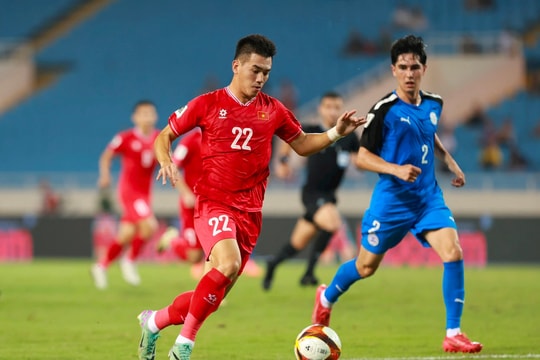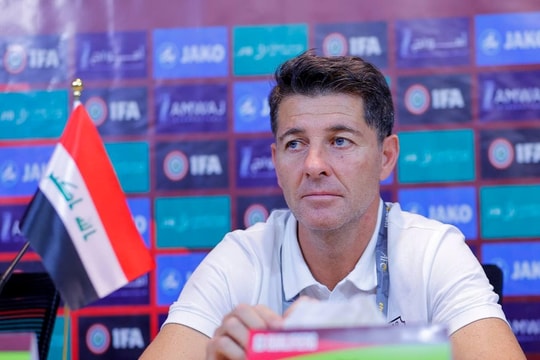Will Iraq Defeat IS in 2016?
(Baonghean) - The entire country of Iraq will be liberated from the self-proclaimed Islamic State (IS) in 2016 - that is the confident statement of Iraqi Prime Minister Haider al-Abadi. The victories on the ground and the competition for influence among major countries are said to be the factors behind this statement, but public opinion believes that IS will not be defeated so easily.
Win like a knife
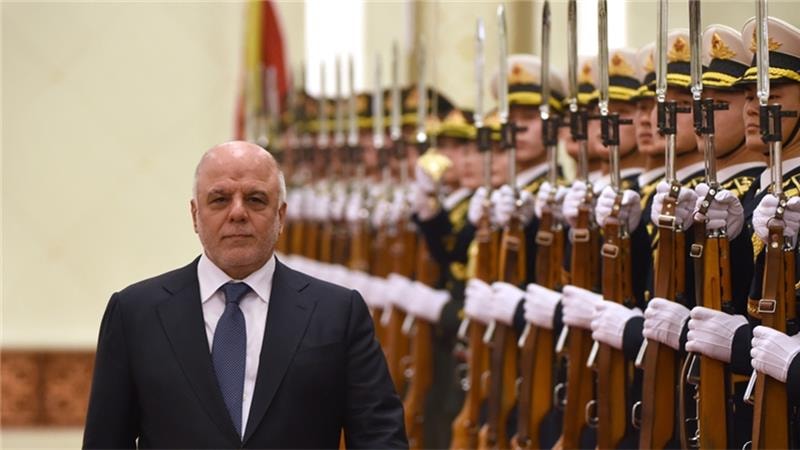 |
| Iraqi Prime Minister Haider al-Abadi vowed to defeat IS in 2016. Photo: Aljazeera. |
Indeed, gaining control of Ramadi is considered the most important victory since Iraq began its war against IS. But before that, the Iraqi government had continuously received good news from the battlefield. On December 5, Iraqi security forces continued to attack in Anbar province and regained control of more than half of al-Tamim, a suburb of Ramadi. Of which, the Iraqi army recaptured 3 out of 6 strategic areas of al-Tamim. Iraqi Prime Minister Haider al-Abadi declared that he would liberate the country from IS in excitement when Iraqi security forces regained control of Ramadi city: "If 2015 was the year of liberation, 2016 will be the year of great victories, eradicating IS in Iraq and Mesopotamia. We are moving towards liberating Mosul city and this will be a fatal blow to IS".
On December 7, IS launched a large-scale attack with seven bomb-laden vehicles targeting different locations in Anbar province. However, IS troops repelled the attack.
Also in early December, Iraqi soldiers, Sunni militias and some Iranian-backed Shiite militias recaptured much of Baiji in northern Iraq. This victory allowed Iraqi government forces to open a route north toward Mosul, blocking the supply lines of IS militants entrenched in the town of Hawijiah, east of the Tigris River.
Analysts say that the fight against IS in Iraq is going very well with strong support from the international community, as anti-terrorism sentiment is high after a series of terrorist attacks in Paris in November. The anti-IS fronts are all “operating at full capacity”, providing great support for the offensive campaigns of the government forces. Perhaps Mr. Haider al-Abadi hopes that this support will continue into 2016, creating leverage for his determination to completely liberate the country from IS.
"The fisherman profits"
Currently, the two most active anti-IS coalitions are the US-led and Russian-led coalitions. The decision to launch airstrikes against IS in Syria in late September gave Russia a completely new position in the Middle East. Russia’s subsequent establishment of a separate coalition has created a hidden competition between Russia and the US in the region.
Although the world public opinion has speculated about the possibility of forming a united front against IS and other terrorist groups, up to this point, due to disagreements in resolving the crisis in Syria, there is no sign that Russia and the US will find a common voice. Thus, it is likely that in 2016, the two anti-IS coalitions led by Russia and the US will continue to operate separately.
Russia’s dramatic entry into the fight against IS has not only transformed the fight against terrorism, but has also forced some countries to adjust their strategies in this regard. Now, the achievements in fighting IS are not simply a demonstration of international responsibility, but also a factor that significantly affects national status, power and geopolitical influence in the Middle East.
Russia’s “prominence” in the Middle East is undeniable at this time, and the US will certainly not sit still. Therefore, in 2016, the fight against IS in Iraq and Syria will continue to be strongly supported by the two alliances of the US and Russia to compete for the “leadership” position.
Most recently, China also passed its first anti-terrorism law. According to China's argument, the passing of the anti-terrorism law is to solve the problem of domestic terrorism and help maintain world security. But perhaps many also question China's deeper calculations in competing with Russia and the United States for influence in the Middle East.
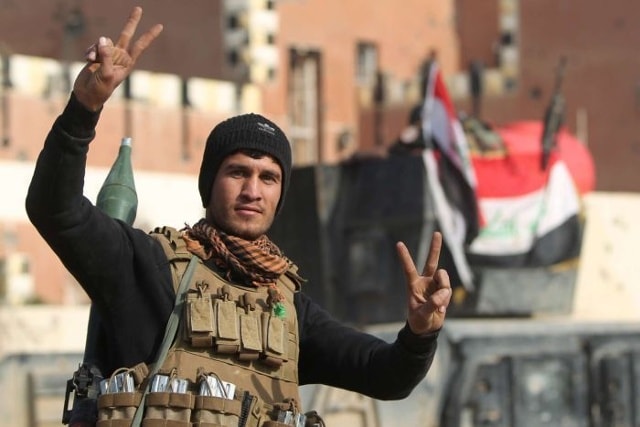 |
| An Iraqi government force fighter celebrates after capturing Ramadi. Photo: ABC. |
The race to “fight IS is not just about fighting IS” is not only Russia and the US, but a new “player” has appeared: Saudi Arabia with the Arab anti-IS coalition. This coalition of 34 countries was established based on the principle of “collective self-defense”, operating similarly to the North Atlantic Treaty Organization (NATO).
The coalition’s target is not only IS but also Boko Haram, al-Qaeda and their affiliates around the world. There have been no specific strategies or steps since its establishment, perhaps the message that Saudi Arabia and the Arab countries want to send to the international community is that the division of power is not only for the “big guys”.
Regardless of what countries and powers calculate, Iraq and Syria will be the two countries that benefit the most in the fight against IS. Experts have predicted that in 2016, terrorist organizations in general and IS in particular will not have a favorable environment to operate like in 2015, and that is also a factor for Iraq to declare that it will completely liberate the country in 2016.
Will IS give up easily?
There is no denying that IS is suffering heavy losses from international attacks. But that does not mean the notorious terrorist organization will easily accept defeat, even though it continued to be attacked in 2016.
In terms of strength, IS still has 20,000 - 30,000 fighters in both Iraq and Syria, equivalent to the number before the air strikes began more than a year ago. Not to mention, up to this point, IS has had time to spread its tentacles to many countries around the world, including Western countries.
Intelligence reports from various countries after the airstrikes also show very few casualties. Most recently, on December 26, IS released a video message purportedly recorded by its leader Abu Bakr al-Baghdadi, claiming that IS is “still doing well” despite the alliances that have been formed to fight the group. In the 24-minute video, al-Baghdadi said that the international coalition’s airstrikes have only increased the determination of IS fighters.
Considering the current situation, Iraqi Prime Minister Haider al-Abadi has reason to be confident in declaring that the country will be completely liberated from IS in 2016. However, the fanaticism, discipline and methodical strategy - the factors that make IS as strong as it is today - will not make IS easy to defeat. Therefore, 2016 will certainly be a difficult year for Haider al-Abadi to be able to make this declaration become a reality.
Thuy Ngoc
| RELATED NEWS |
|---|

.jpg)

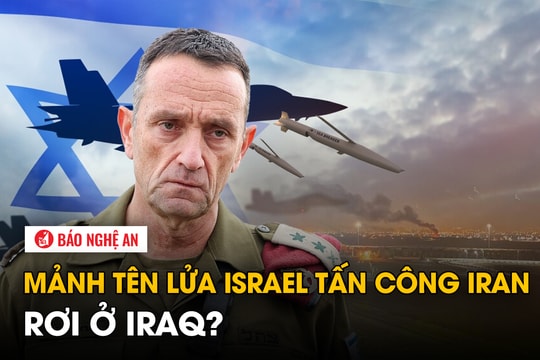
.jpg)
.jpg)
